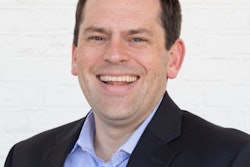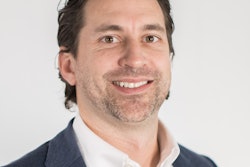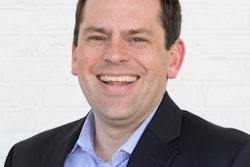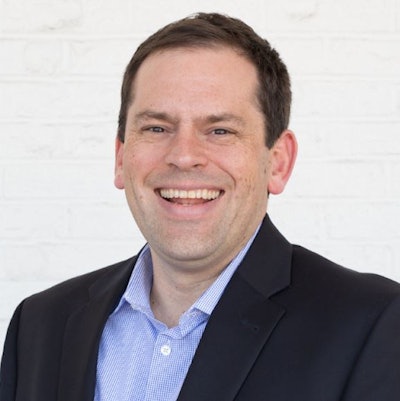
During my years in investment banking, I worked with a series of private equity (PE)-backed companies across multiple industries. Their business models were always the same: (1) buy one large platform business with adequate infrastructure and solid leadership; (2) buy additional businesses in the same industry and roll these companies into the larger one, and; (3) ultimately sell the business to a larger private equity company.
These PE investors made money by buying the acquisition targets at the most affordable prices possible, selling the resulting platform at the highest price possible, and making money on the spread, defined as arbitrage. Sound familiar?
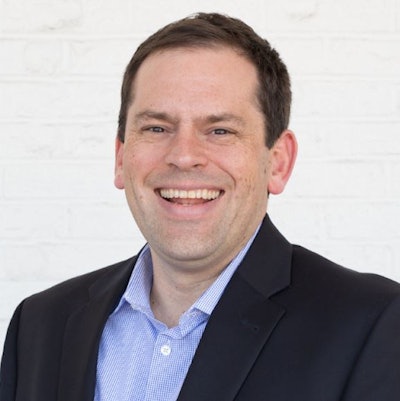 Kevin Cumbus.
Kevin Cumbus.
The investors behind these businesses prided themselves on buying businesses at the lowest possible prices from uninformed owners. They kept score of how many deals they sourced on their own (these were always much more affordable) and how many they bought from brokers or advisers (these deals always came at a premium).
I always found it interesting that they labeled the companies that they were thinking about buying as “targets” internally but called them “partners” publicly.
A target is hunted and taken down -- it is the prey. An acquisition target feeds a higher economic purpose. It has a strikingly different connotation than the word partner.
Back in 2007, when I began brokering dental practices, dental service organizations (DSOs) were just beginning to take shape in the U.S. As DSOs began to grow in number, I saw these concepts and vocabulary enter the vernacular of the dental economy. As I saw DSOs look to acquire “targets,” it dawned on me that there was a way to turn the hunted (the target) into the hunter.
The hunted
DSOs have a mandate from their PE partners to make money for their investors. The fastest way to grow the value of the business is through acquisitions. Oh, and the less they pay for their acquisition targets, the more money they will make.
Today, there are hundreds of business development people working for DSOs whose sole job is to source acquisition targets and woo them over steak dinners and bottles of $100 wine in hopes that the target will sell to them directly rather than take their business to a broader pool of buyers.
Some groups will even send a private jet down to pick you and your family up for a trip to their corporate headquarters -- true story. The best business development guys make the target feel as though they are getting a great deal and have the doctor sign a letter of intent without asking too many questions. This is capitalism in its rawest form. For dentists and groups who sell to the first buyer they meet, I believe that they will forever wonder if they could have gotten a better deal.
Become the hunter
Alternatively, practice owners who elect to go through a marketed sales process become the hunters. In working with an adviser, they prepare the business for sale; decide when to go to market (it matters); tell a story that they want the buyers to hear; and outline what they want in a deal regarding economics, post-sale employment, associate equity opportunities, and the deal structure.
This is a seismic shift which can lead to richer economic outcomes, stronger partnerships, and client satisfaction. Clients who go through a marketed sales process exit without regret.
Summary
My guess is that most of you reading this article have already received an offer from a local group or DSO and have been viewed as a target. If you are contemplating taking that deal, I encourage you to ask the potential buyer, “Would you ever sell your business to another PE company without representation?”
I’m confident that the answer is no. DSOs don’t want to leave a single penny on the table when it is time for them to sell but are more than comfortable if you do. If you are considering a sale, engage an adviser, take control of the process, and exit at the top with the right partner at the right price. Otherwise, you may always wonder, “Was I the hunter or the hunted?”
Kevin Cumbus is the founder and president of Tusk Partners, an M&A advisory firm focused exclusively on large and group practices that want to partner with a DSO or private equity group.
The comments and observations expressed herein do not necessarily reflect the opinions of DrBicuspid.com, nor should they be construed as an endorsement or admonishment of any particular idea, vendor, or organization.




